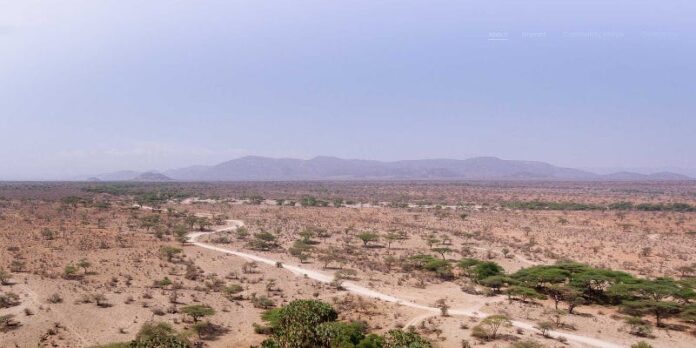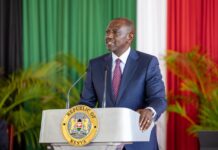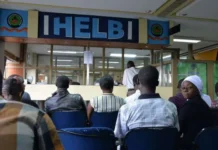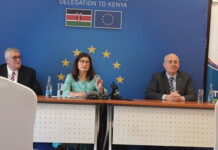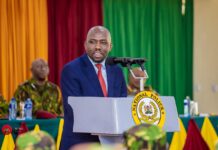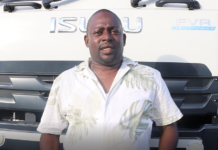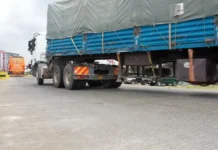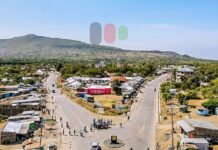The Northern Kenya Rangelands Carbon Project, a high-profile soil carbon initiative, has been suspended for the second time by global carbon credit certifier Verra. The project, coordinated by the Northern Rangelands Trust (NRT), is currently under review and barred from selling any carbon credits until the assessment concludes.
Verra’s latest suspension follows a January 2025 court ruling in Kenya, which declared that two conservancies linked to NRT, including the Biliqo Bulesa Conservancy, were established illegally without adequate public participation. The conservancy, a key part of the carbon project, generates credits by managing seasonal grazing routes for livestock.
The legal challenge was initiated by 165 pastoralists from Isiolo County, who claimed they were not properly consulted when the conservancy was registered in 2007. Although the NRT appealed the ruling and sought a stay, the courts rejected the request, prompting Verra’s formal suspension of the project.
This marks the second time the project has been scrutinized. In 2023, Verra halted credit issuance following concerns from advocacy groups over the methodology used to calculate climate benefits. It was later reinstated after a review.
The project has attracted major corporate clients, including Meta and Netflix, who have purchased credits worth tens of millions since its inception in 2012. Supporters argue that it provides critical funding for local communities, aiding health and education initiatives. Critics, however, question the accuracy of its climate claims and argue the conservancies infringe on the rights of Indigenous residents.
Verra said it is now reviewing the project for “material non-conformances” with its certification rules. Meanwhile, Native, the climate firm behind the project, remains optimistic about reinstatement, citing its previous successful review.
The ongoing controversy could have wider implications for similar carbon schemes in Kenya and other parts of Africa.
Written By Rodney Mbua









